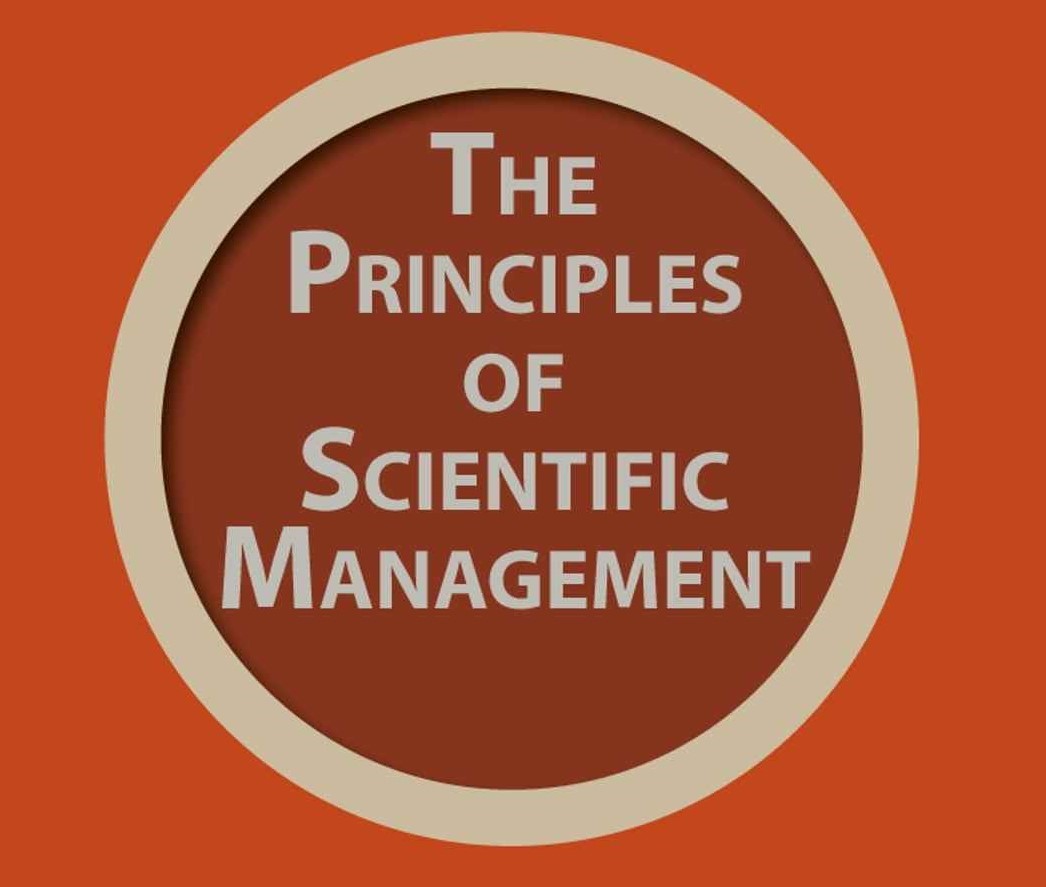09 Mayıs 2013 6556 0 PROJECT MANAGEMENT Fonksiyon360
This situation is more valid in projects. When the projects are bigger and more complex, customer expectations are higher and they become demanding, especially sticking into time and cost commitments.
Project sponsors and executive boards still wait for realistic and clear commitments although they know there are limits and constrains. We project mangers knoe that plans are impossible and unreal, accept the consequences presented to us.
Since we can predict the future or what will happen, why do we accept those?
What can we do to present time estimation in a more credible way although we know there is high risk, at the least we have doubts?
Although we know it will be problematic, why are we behaving as such?
We as project managers have faced situations like this in our business life although we regret at the end. When we are in a meeting with executive board or sponsor, we come to an agreement with their demand.
Why do we do this?
The answer is in human nature.
When we realize plans and estimations, we are good at defining our needs for the project and turning them into mathematical values. When we plan we act on hypothesis and approaches and accept that there are many unknown variables and risks.
When we fully understand project objectives which means ending data and budget of the project, our approach is to discover how to do this project with constrains. We imagine the best and make it comprise all threats, open subjects and commitments thus this situation happens when everything goes right. Unfortunately Murphy rules are active in the project and inevitably they come to surface and your projections can be invalid.
As a result the credibility of our role for the success of the project depends on determination (or aggression) of our sponsor. By definition we project managers generally use impressing and persuasion techniques to obtain results. We rarely use our power and authority because like sponsors we don't hold our position in the organization because of power. It has hard for the project manager to stay strong against unreal obligations of sponsor's organizational power or management board.
An example for this can be a project which I was in.
Project manager worked on a detailed planning of a complex project. This was a comprehensive process improvement project with organizational change. The project requires participation and cooperation of all the employees from lowest level to highest and they were related with dependency and connection of previous processes. An ending date is agreed and a guarantee was given to sponsor and managerial board about the date.
To fit to ending date prediction about the scope are made and commitments are given. But all the project team should work hard to complete the project. Project manager did the best to complete the project on time but delivery date become late and plan sagged. Delays are constantly debated in management board but although there are regular informing management board did not accept that the project will be delivered late. And this made more pressure on the project team.
There was more pressure on the project manager because of all the objections but just before the ending date of the project, management board settled to new date.
Okay, how can a similar situation be prevented in other projects?
Even project manager gives information about project steps and improvements, management board or sponsors do not accept any answer than their own demand. As a result all team including project management have to accept everything even they are beyond acceptable region. Despite all stress and time constrains, the results do no change and delays happen.
The biggest challenge is that sponsor and executive board do not accept the possible. In this case as in our culture we become macho and try to do the impossible. To change the results shareholder should gain an objective point of view about possible realty. Project sponsors and management boards should definitely be informed about risks and uncertainties and expectations should be more realistic.
Editing expectations are the process of project planning.
It is important to have the desire the share what can be achieved and what cannot be to sponsors and management board.
This means how the current plan will change.
The reality for project manager is to foresee project risks and problems. Hypothesis list for project success is a necessary (optimistic) prerequisite. Nevertheless hypothesis can cause project to slow down or fail in risky and problematic areas. Rather than showing this risks and problems as unimportant we need to clear the subject and identifying them to prevent the failure of the project.
Project managers should encourage the management board to understand the project objectively and supervise the improvements and allow all the project units to debate.
Our opinion and suggestions as project managers are not approved by sponsors and management board, we are feeling under stress and rarely succeed.










